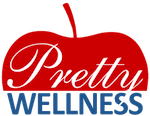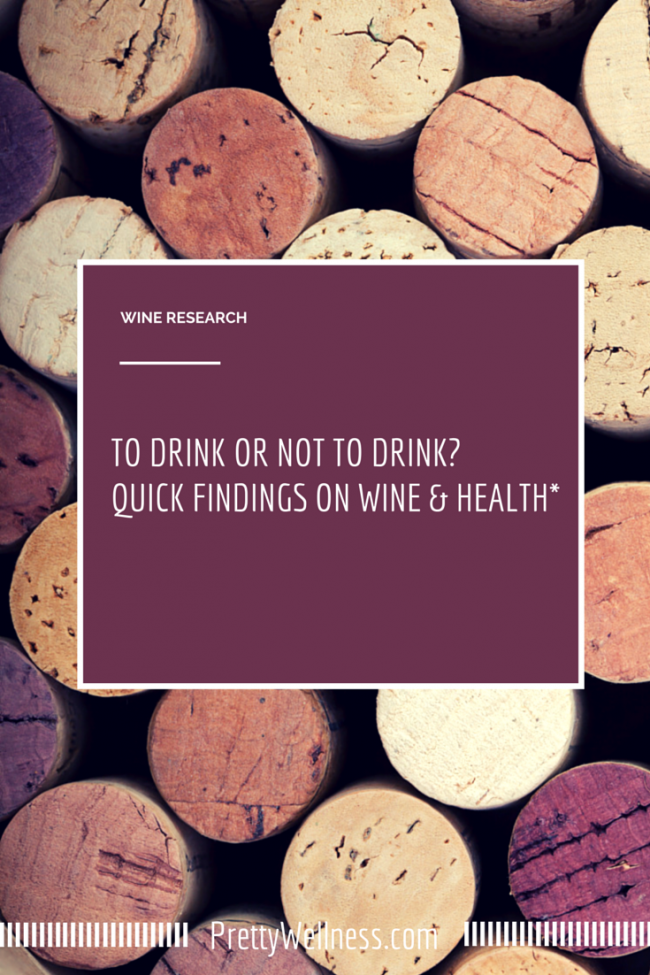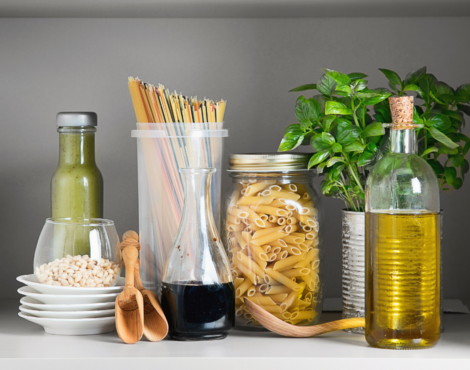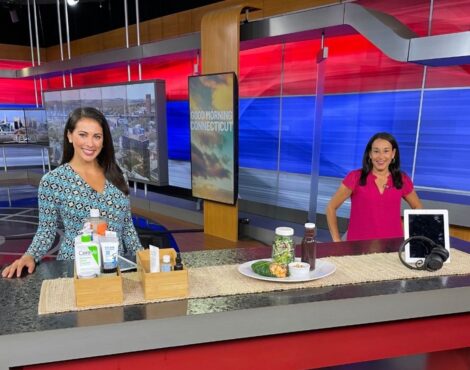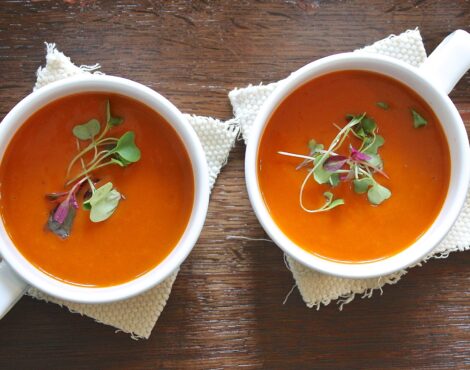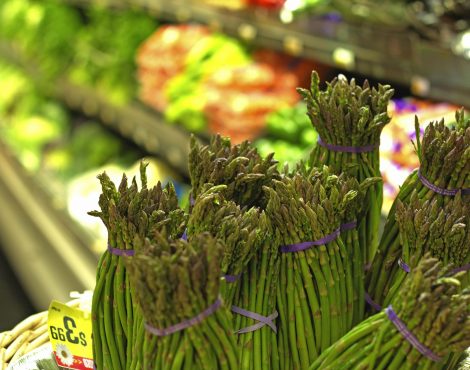Now that I’m waving the clean eating flag, I have found many substitutions to satisfy sweet and savory cravings. However, I’m holding on dearly to my one splurge – red wine. Ask health professionals, doctors and super-fit friends their take on alcohol and you will find mixed reviews. In an effort to feel good about my wine tasting hobby and clarify some of the information on wine and health, here are my key findings.
Yale New Haven Hospital Website or the Mayo Clinic Website: Red wines, specifically Cabernet Sauvignon and Pinot Noir, seem to have the most traction in the news for carrying the most healthy benefits. Flavonoids (antioxidants) are present in the skin and seeds of red grapes, which can lower bad cholesterol (LDL,) increase good cholesterol (HDL) and reduce blood clotting by influencing lipid proteins if drank with a meal. In addition, the skin of the grape has resveratrol, which may have slight tumor shrinking abilities and may decrease inflammation.
U.S. National Library of Medicine: Don’t super-size your glass
One four-ounce glass for women, two four-ounce glasses for men per day is considered a serving size. Most likely the glass poured at a restaurant is at least two serving sizes.
The Nurses’ Health Study: Some risks
Some research summarizes that moderate alcohol, including wine, may increase breast cancer risk. My understanding is that there are many variables, which often relate to a function of estrogen hormone levels rising. It has also been noted that having a diet high in folate, (green leafy vegetables) may negate this. In the Nurses’ Health Study, women who drank one alcoholic beverage a day and had the highest levels of B vitamin in their blood were 90 percent less likely to develop breast cancer than those who had the lowest levels of the B vitamin. If you are undergoing breast cancer treatment or at risk, discuss with your doctor for more information; there is a lot out there. I found these summaries interesting from the Harvard School of Public Health Website and the California Wineries Website.
Dr. Weil: Choose organic or sulfite free wine
Since I eat all clean and only buy organic grapes, why wouldn’t I buy organic wine? Those winemaking grapes could be sprayed with pesticides, herbicides, insecticides and fungicides used on other conventionally grown crops. My favorites organic wines are: Cono Sur Cabernet Sauvignon and Natura Cabernet Sauvignon.
Wine isn’t a medical magic potion
I haven’t found a study that says, “drink wine to greatly better your health.” If one is looking to increase wellness, lifestyle tweaks seem most important including: a balanced diet, stopping smoking and controlling blood pressure and cholesterol. These will do far more to prevent ailments than drinking wine. Of course, since I enjoy wine, many believe that in moderation it will not hurt.
Have you tried organic wine? Would you change your drink of choice to be more healthy?
* Please note, I’m not a doctor or medical marvel, just have an interest in health and wellness. See my disclaimer for more information. Talk to your doctor to learn more or check the other sources used: Anti-cancer by David Servan-Schrieber MD, PHD, The Cancer Recovery Plan by D. Barry Boyd, M.D., the Harvard School of Public Health Website and the National Institute of Health Website.
